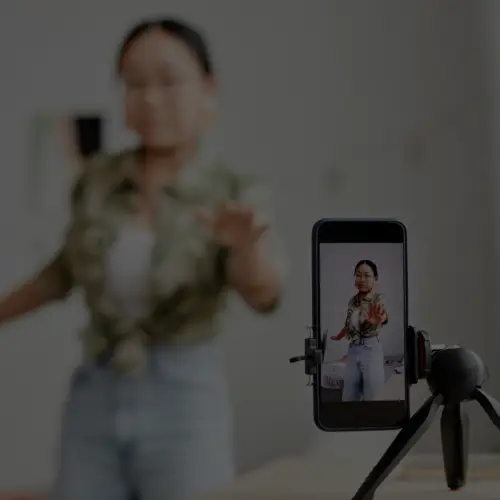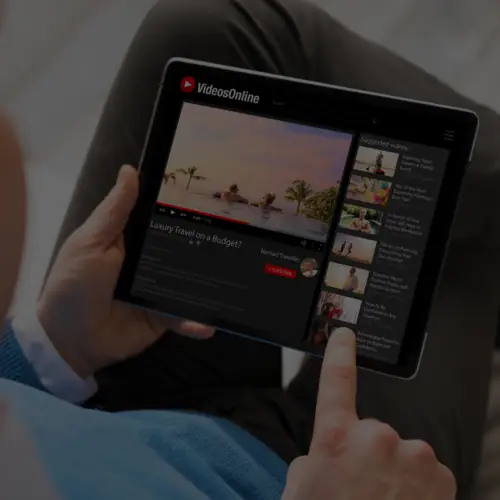13 Jul How the New Twitter Search Will Change the Way Brands Tweet
Twitter has announced new changes to the way users search their database. These changes could drastically affect the way brands draft their tweets.
Overview of the New Twitter Search
Last Thursday, Twitter Personalization and Recommender Systems Chief Pankaj Gupta announced via Tweet (#gofigure) that Twitter search was “set to change forever.” That tweet would foreshadow the company’s major update to its Search and Discovery platform.
The new search update seems to take a lot of cues from Google. It tries to guess what a user is searching for based on what other people are searching (or what is trending) and gives the user a drop-down menu that helps complete their search query without the user having to finish typing (Google Instant). It is also able to fix spelling if something was typed incorrectly, similar to Google’s “Did you mean:” feature.

Twitter will now also take your search query and give you options for similar search terms. For instance, if I search for “Social Media Strategy,” it might suggest that another good search option is “Social Media Agency.” This can be very handy when trying to discover new content or follow a trending topic.

The third, seemingly-minor update is the ability to filter search results down to people you follow. This makes it much easier for users to search through their feed for an old tweet they forgot to favorite or messages from friends. The more I think about this feature, the more excited I am about it. It may seem like a small update, but it has the ability to personalize the Twitter experience in a whole new way.
Social Searching
Twitter recognizes itself as the #1 place for breaking news, which is generally true these days. News is much more likely to hit the Twittersphere before it hits TVs, newspapers, or traditional media websites. For this reason, Twitter has it in mind to make itself the #1 place people go to search for news.
Now, Twitter is not the first social network to try its hand at web search. Most notably is the partnership between Bing and Facebook, that generates search results based on what your friends are searching for and liking. However, Twitter’s approach is quite different. With the new Twitter search functions, users will still only be searching within the Twitter “Firehose”, and the results will also be in real time. This means less junk from the World Wide Web, and more relevant, recent tweets.
Effect on Brands
Most importantly, this update has huge implications for brands running strong Twitter promotions. If the platform is beginning to structure itself for searches, brands will also need to begin structuring their tweets for these searches. Similar to blog posts and websites that are optimized to show up in Google, tweets will need to be optimized for Twitter. This new type of optimization will affect tweets in a couple of ways.
- Hashtags – Hashtags will prove to be even more important in tweets. The old habits of hashtagging will not change, but they will likely have more of an impact in searches. Brands should begin to optimize their hashtags with commonly searched terms. There is a fine line here, of course – no one wants to read a tweet that’s all or mostly hashtags.
- Keywords – Similarly, tweets will need to be optimized with keywords. Gone are the days of the arbitrary attention-getting tweet with a link. Tweets should definitely still grab followers’ attention, but they should also use keywords that will help them appear in Twitter searches.
There’s a good chance that information from Expanded Tweets will be used in search results in the future, which would add another dimension to SEO in tweeting – but that remains to be seen.
Hopefully this kind of tweeting from brands will also increase engagement on Twitter all around. We will likely see more focused conversation and an increase in detailed tweeting, neither of which seems to be a bad thing as long as Twitter can cut down on the spam.
Key Takeaways
Twitter has launched a new real-time search that is currently rolling out to all users. The changes bring smart instant searches, recommendations for similar terms, and the ability to only search tweets from people you follow. With the advent of this new system, keywords and phrases that brands use in their tweets will be much more important than they have been in the past. If you manage a brand, start thinking about which search terms people will use on Twitter, and how to incorporate them into your tweets effectively without coming across as spam. If you are just a Twitter user, prepare to engage with people and brands in a new (and hopefully better) way.
Do you have access to the new search features yet? How do you see yourself using them in the future? Let us know in comments below.






